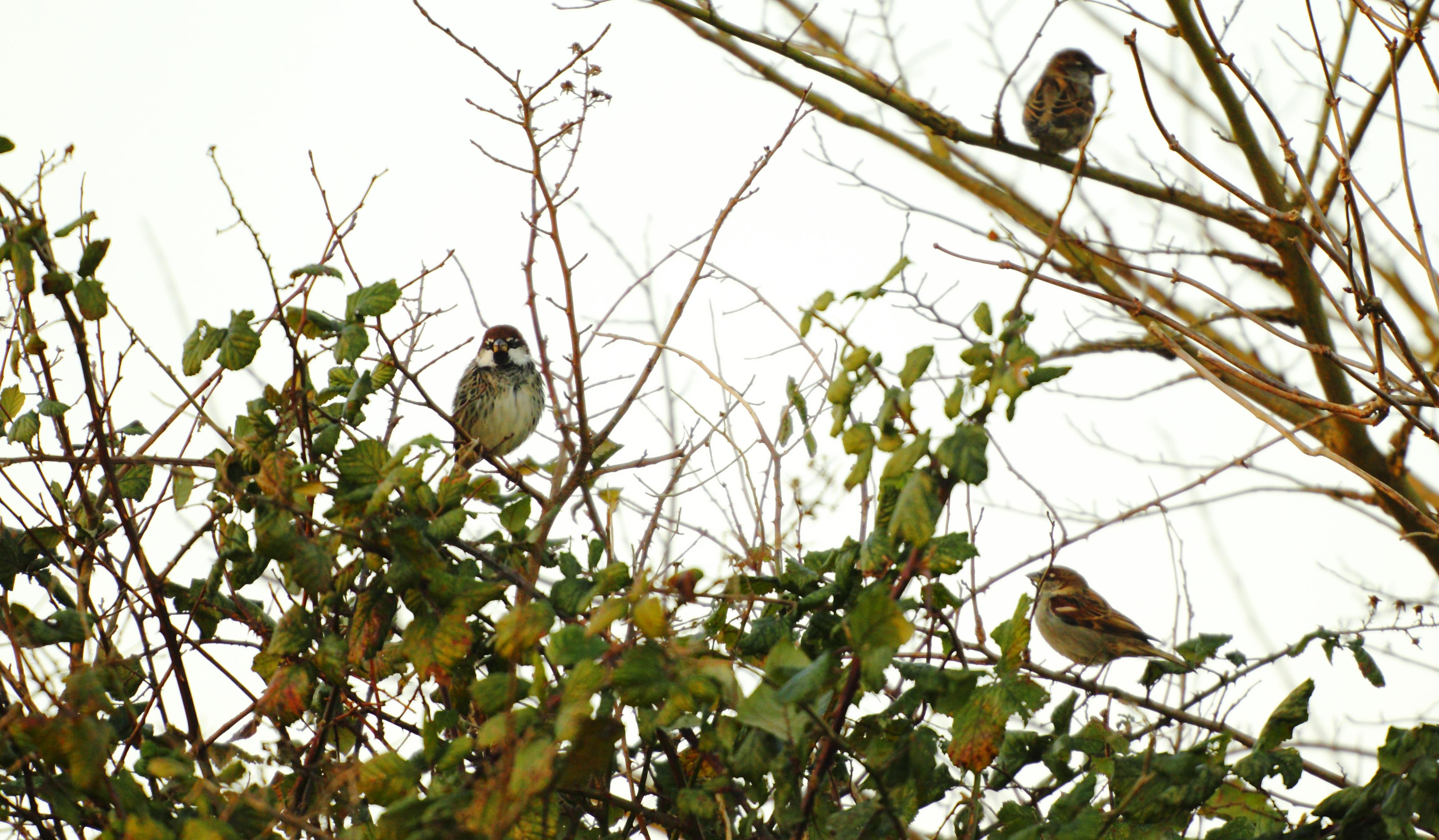UK wildlife watchers ‘welcome species that arrive because of climate change’
The creatures are more likely to be considered as ecological refugees than as threatening climate opportunists, the study suggests.

Your support helps us to tell the story
From reproductive rights to climate change to Big Tech, The Independent is on the ground when the story is developing. Whether it's investigating the financials of Elon Musk's pro-Trump PAC or producing our latest documentary, 'The A Word', which shines a light on the American women fighting for reproductive rights, we know how important it is to parse out the facts from the messaging.
At such a critical moment in US history, we need reporters on the ground. Your donation allows us to keep sending journalists to speak to both sides of the story.
The Independent is trusted by Americans across the entire political spectrum. And unlike many other quality news outlets, we choose not to lock Americans out of our reporting and analysis with paywalls. We believe quality journalism should be available to everyone, paid for by those who can afford it.
Your support makes all the difference.Wildlife watchers in the UK are generally welcoming of species that have arrived in the country due to climate change, new data suggests.
Across the world, many species are leaving places that are becoming too warm and moved to areas that had previously been too cold.
The creatures are more likely to be considered as ecological refugees than as threatening climate opportunists, the study found.
Experts suggest public opinion will play a big role in how species arriving in the UK are treated, and how they are managed.
We found that wildlife recorders viewed range-shifters more as vulnerable 'ecological refugees' than as threatening 'climate opportunists'
University of Exeter researchers asked volunteers who contribute to wildlife recording schemes how they feel about various birds and insects that have arrived in the UK unaided – those not introduced by people, which can be invasive.
While the study found the new arrivals were mostly welcome, there was less enthusiasm for creatures that people did not know.
Dr Regan Early, of the Centre for Ecology and Conservation on Exeter’s Penryn Campus in Cornwall, said: “We found that wildlife recorders viewed range-shifters more as vulnerable ‘ecological refugees’ than as threatening ‘climate opportunists’.
“Respondents were strongly opposed to eradicating or controlling new range-shifters, but they also did not want to see conservationists trying to boost their numbers.
“Public opinion – especially among volunteers engaged in conservation – will play an important role in how we treat species arriving in the UK.”
Lead author Jamie Cranston added: “The complex questions of how and when to manage these arrivals are becoming increasingly urgent as more establish.
“Scientific evidence was a key factor in respondents’ decision-making on management, but many also spoke of the ‘wow’ factor that some of these species had for them.
“I hope this could be an opportunity to engage more people with the excitement of biodiversity conservation.”
Wildlife watchers in the survey were given examples of animals whose range now includes the UK – including birds such as the little bittern and Eurasian spoonbill, and insects such as the small red-eyed damselfly and the mottled shieldbug.
The findings are published in the People and Nature journal.